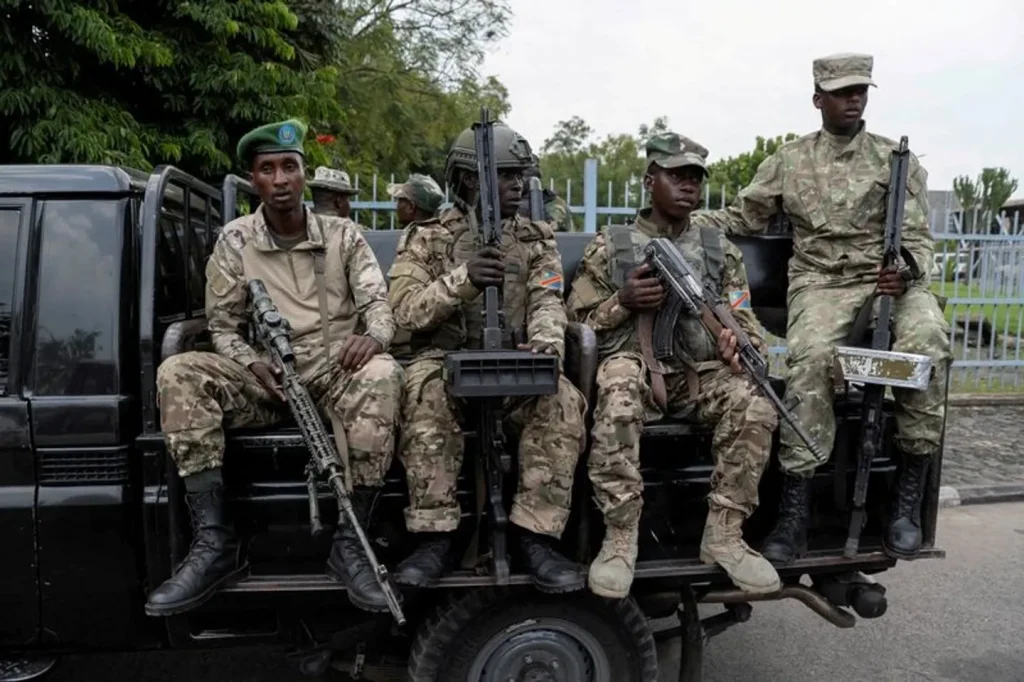The government of the Democratic Republic of the Congo (DRC) and the M23 rebel group have signed a declaration aimed at halting the ongoing conflict in eastern Congo. The agreement was reached during negotiations held in Doha, marking a potential breakthrough in efforts to end one of the region’s most violent crises.
The declaration, which comes after weeks of dialogue and diplomatic engagement, sets the stage for comprehensive peace talks expected to begin by August 8. Both parties pledged to work toward restoring state control across all Congolese territory, though key issues — including the withdrawal of foreign forces and rebel fighters — remain unresolved.
M23 rebels, primarily composed of ethnic Tutsi fighters, had previously captured major eastern cities, leading to a sharp escalation in violence. The conflict, rooted in historical tensions following the 1994 Rwandan genocide, has claimed thousands of lives and displaced hundreds of thousands of civilians this year alone.
Alain Uaykani, reporting from Goma, said the declaration gives hope to communities exhausted by years of instability. M23 representatives emphasized that building trust would be essential for deeper dialogue on the causes of the conflict.
The African Union welcomed the development, calling it a major milestone for stability in both eastern Congo and the broader Great Lakes region.
This deal follows a series of high-level engagements, including a March meeting in Doha between Congolese President Félix Tshisekedi and Rwandan President Paul Kagame, where they jointly called for a ceasefire. Despite initial rejection of talks with M23 — once labeled a terrorist group — the DRC government has since shifted its stance amid mounting international pressure.
Meanwhile, the peace process is complicated by allegations that Rwanda supports M23 militarily, a charge Kigali denies. The United States has also played a mediating role, hosting talks in June and warning of consequences for any violations of recent agreements.
While the newly signed declaration is a step forward, peace in the DRC remains fragile. Talks in August will be key to transforming the preliminary agreement into a lasting settlement capable of ending one of Africa’s longest-running conflicts.



